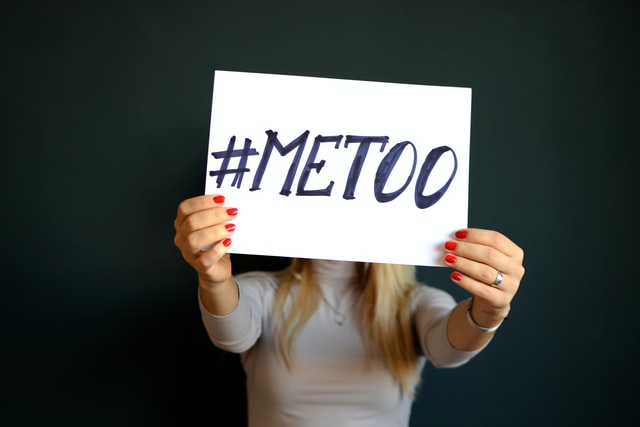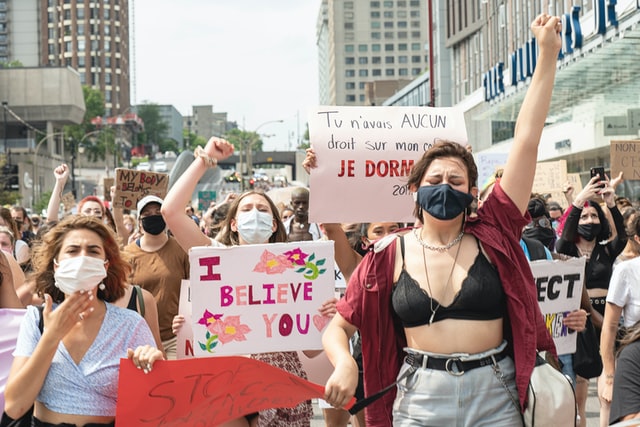
If you’re regularly on social media, you’ve probably come across the hashtag #MeToo. Originally a way for victims of sexual violence and harassment to network with one another, it became a global movement – it brought the abhorrent bahaviour of many famous and powerful personalities into view.
HOW DID #METOO COME INTO EXISTENCE
Tarana Burke, an American civil rights and human rights activist, first used the phrase #MeToo in 2006. It was intended to send a signal to all women who had been victims of sexual violence and show them that they are not alone in their experiences.
In 2017, actress Alyssa Milano picked up #MeToo again to encourage women and men to share their own experiences as part of a movement against sexual harassment. The trigger: An article in the New York Times accusing American film producer Harvey Weinstein of sexual harassment. The fact that she chose the #MeToo was actually pure coincidence – at the time, Milano was not aware of the origin of this phrase.
Encouraged by the general social momentum, victims finally came forward and spoke openly about their traumatic experiences. In the weeks after Milano’s call, the hashtag had been used more than 12 million times. Due to the global response, sexual harassment and violence were finally given the media attention they deserved. Those affected had created a community and with their contributions, aimed to support one another.
THE POWERFUL ARE NOT AS SAFE AS THEY THOUGHT
Their privileged position within society made it possible for many powerful people (mostly men) from sport, politics and the entertainment industry to prey on others, to coerce them into having sex or even to rape them – without consequences. Sadly those with power and money are usually difficult to bring to justice. In addition, it is unfortunately still common for victims to be viewed with scepticism or not believed.

A prominent example of this would be Harvey Weinstein, mentioned above. More than 100 women, including actresses and former Weinstein Company employees, accused him of sexual harassment. In October 2017, he was fired by his own production company. In 2020 he was sentenced to 23 years in prison. In July 2021, he was in court on new charges.
R. Kelly, an American musician, was sentenced on September 27, 2021. He was accused of sexual abuse and rape. He is said to have put pressure on his victims and thereby silenced them for decades. All of the women affected met Kelly when they were minors. In 2001 and 2002, R. Kelly was sued by victims. At that time, however, the parties concerned reached an out-of-court settlement. The sums are still unknown today.
WHAT #METOO HAS ACHIEVED
The #MeToo movement fortunately put some of the worst perpetrators out of action. As a part of this movement many of those affected found the courage to publicly name the perpetrators and take legal action against them for the first time. The silence surrounding sexual harassment and violence is finally broken.
- Showing victims that they are not alone.
- Building a strong community in which those affected feel heard.
- Long term changes to social norms and opinions on the subject.
- Systems that make mistreatment and exploitation possible revealed.
- Influential, powerful people were held accountable.
- Sexual harassment and violence were de-stigmatized as issues.
- It was shown how present and persistent this problem is.
